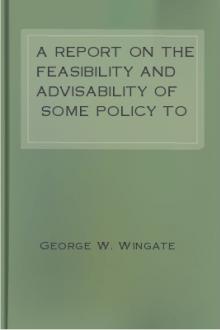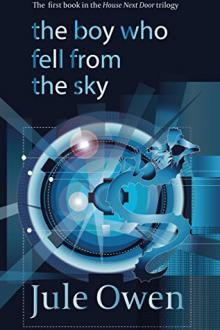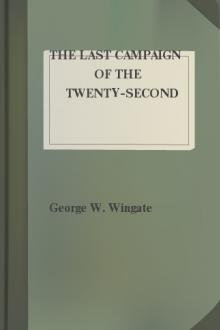A report on the feasibility and advisability of some policy to inaugurate a system of rifle practice throughout the public schools of the country
A report on the feasibility and advisability of some policy to inaugurate a system of rifle practice throughout the public schools of the country
Book Excerpt
ctice by the teams and also by all other boys who had won its marksman's badge, and paid the transportation and ammunition for the participants. It provided Captain Corwin as instructor, who was assisted by a number of volunteers from the National Guard. About 150 boys in all availed themselves of this opportunity. None of the boys had ever previously fired a cartridge. Some of them were consequently a little nervous, in addition to being embarrassed in shooting in the presence of so many military men. After a few shots, however, they got over their nervousness.
In the first practice the average score was about 60 out of 100. The second score averaged 80.
Mr. J. A. Haskell, president of the Du Pont Powder Company, and a member of the national board, induced that company to present for annual competition in the match, a handsome bronze trophy.
Mr. Simon Uhlmann presented a bronze figure of a rifleman, as second annual prize.
The following is the score of the competitors in this matc
Editor's choice
(view all)Popular books in Fiction and Literature, Humor, Romance, Short Story Collection, Non-fiction
Readers reviews
4.0
LoginSign up
George W. Wingate believed only through a well-armed and highly trained citizenry could the United States possible withstand agression and invasion from Europe. Holding a strong belief in this philosophy, Wingate convinced then Secretary of Education J. Walters Eislen to allow him to bring repeating rifles, boxes of ammo, and trained instructors to several public schools in his home state of Vermont.
Wingate's report was tragically never completed however. In the second month of the experiment, a stray rifle bullet from high school sophmore Willis 'Squeeker' Barnstable penetrated the sternum of George W. Wingate, killing him. Witnesses say Wingate's last words were; 'It was that little bastard Squeeker, wasn't it.'
Wingate's report was tragically never completed however. In the second month of the experiment, a stray rifle bullet from high school sophmore Willis 'Squeeker' Barnstable penetrated the sternum of George W. Wingate, killing him. Witnesses say Wingate's last words were; 'It was that little bastard Squeeker, wasn't it.'
- Upvote (0)
- Downvote (0)

 Free Download
Free Download

















